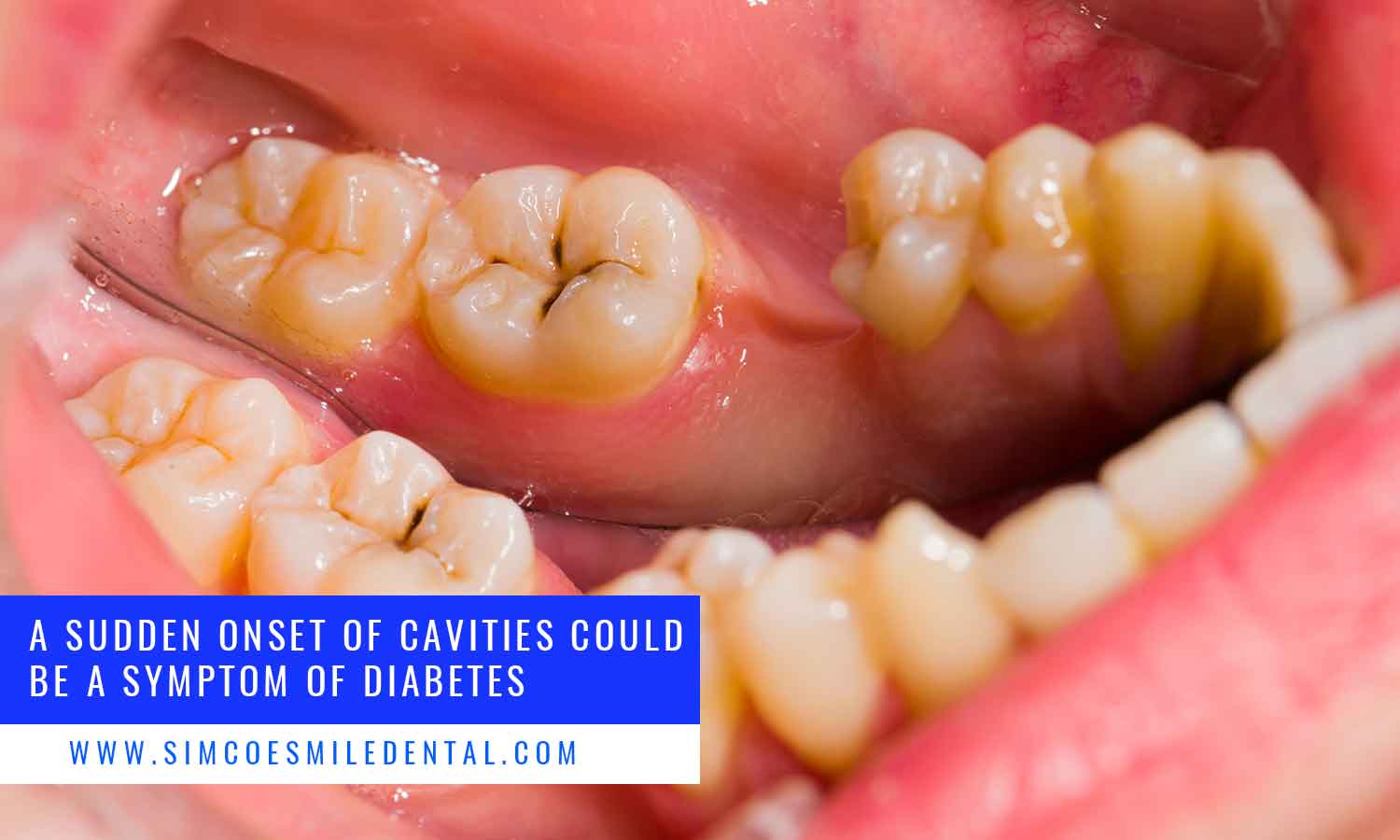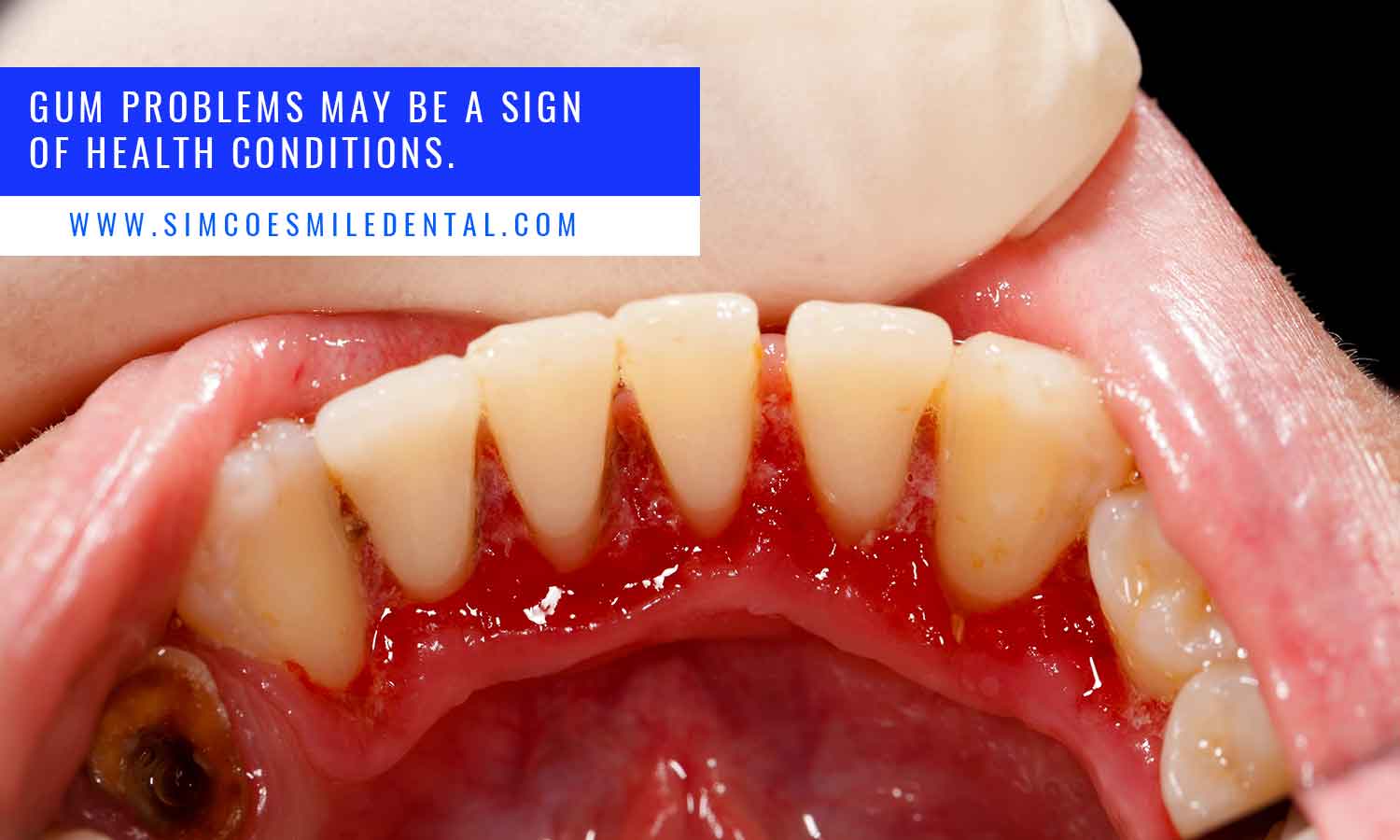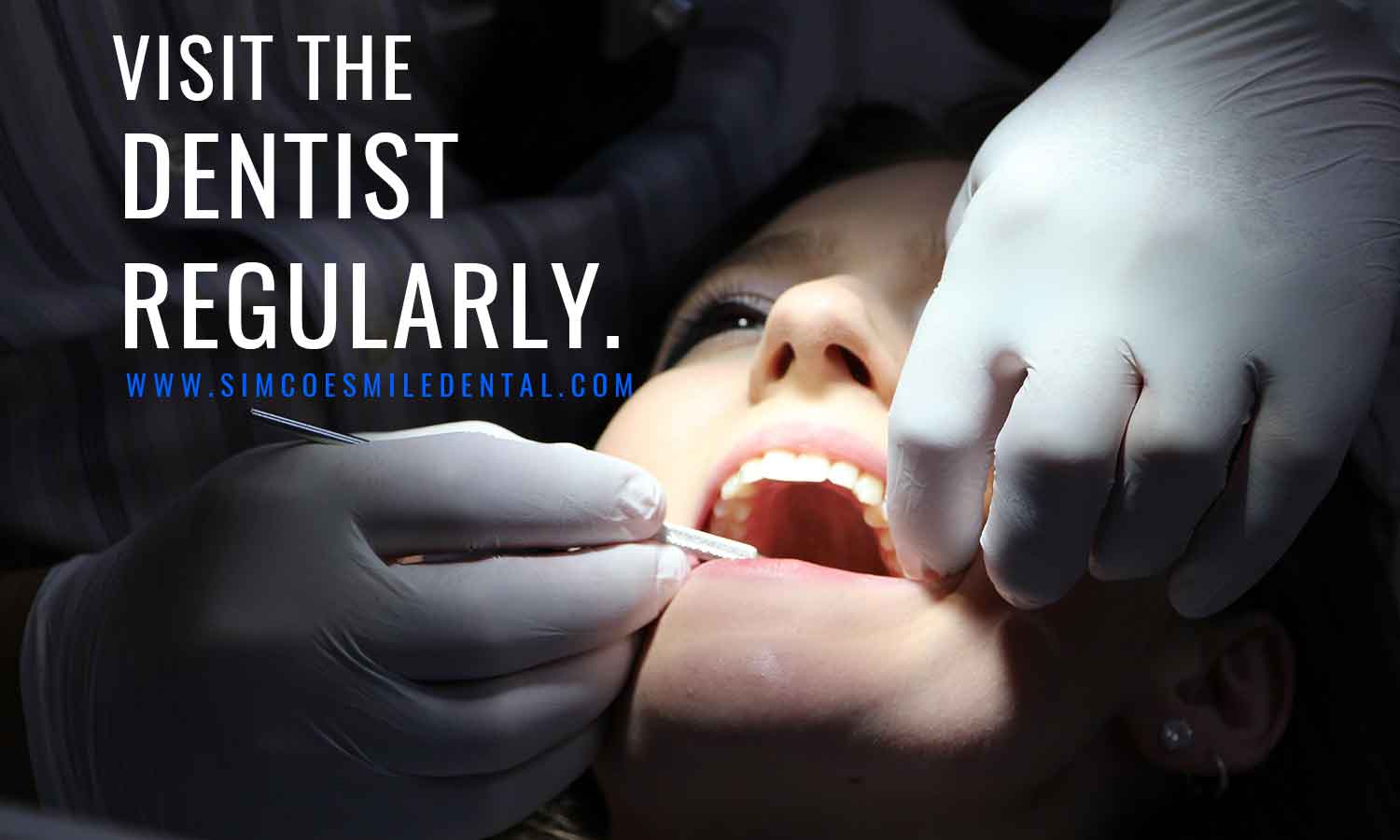Practicing good oral hygiene means more than just keeping teeth clean and your breath fresh. Digestion starts in the mouth, making it a hotbed of bacteria. Brushing, flossing, and using mouthwash help control that bacteria and fight acid buildup.
Taking time to strive for a healthy mouth is important. Did you know, though, that this area can reveal the first signs that something isn’t right in other parts of the body? Learn how teeth and gums can uncover underlying health issues and how a dentist can help.
Your Mouth as a Gateway to Health
Understanding the direct link between the mouth and body helps doctors detect when there might be a health problem. Bacterial buildup on the teeth can put your gums at risk of infection; inflammation can eventually lead to periodontitis. Harmful bacteria might spread through the bloodstream and affect other organs.
Note these warning signs — your body may be sending signals that you need to see your dentist or doctor:
- Multiple cavities and abscesses – A sudden increase in cavities or tooth abscesses can be a sign of diabetes. Assuming that you’re not eating too much sugar, your body may be having difficulty processing glucose. Sugar accumulates in saliva and leads to uncontrolled growth of cavity-causing bacteria. Pain may be experienced after consuming sweets or hot or cold drinks.Gum disease can also be indicative of diabetes. Infections and inflammation cause the body to release proteins called cytokines that boost insulin resistance. Untreated diabetes reduces the body’s natural healing mechanisms, making it more difficult to control gum disease. Additionally, prediabetic patients with gum disease may be at risk due to increased insulin resistance.
- Enamel erosion– If you notice that your teeth are showing signs of erosion, gastroesophageal reflux disease (GERD) may be the cause. Many of us have experienced heartburn at some point in our lives, but GERD is a chronic condition. When stomach acid leaks into the esophagus, some of it reaches the mouth and may wear away tooth enamel. (This erosion usually occurs on teeth closest to the tongue.)Unfortunately, enamel erosion is irreversible. It’s also a slow process, so any obvious signs of change in your teeth’s appearance may not be immediately detectable. However, GERD can be treated with lifestyle changes (e.g. smaller, more frequent meals, a well-balanced diet, and avoiding certain foods). Medication can also help prevent further damage to the teeth.
- Bleeding gums – Seeing blood each time you brush or floss could indicate gingivitis, which could lead to periodontitis (gum disease) if left untreated. When gums start to recede, pockets form and can get infected. Harmful bacteria can then enter the bloodstream and increase the risk of cardiovascular disease. Additionally, periodontitis is potentially fatal for patients with existing heart valve problems. See your dentist if you are concerned about bleeding gums.Other health conditions linked to gum disease include:
- Alzheimer’s disease – Worsening gingivitis or periodontitis may speed up the progression of Alzheimer’s disease symptoms. When harmful bacteria enter the bloodstream and reach the brain, the body sometimes sends a signal to the immune system to attack brain cells.
- Premature birth – Hormonal changes during pregnancy often cause swollen and inflamed gums. Pregnant women must take extra care to protect their dental health, and see their dentist for regular cleanings. Bacteria can influence the possibility of preterm labour.
- Endocarditis – Endocarditis is caused by a bacterial infection that affects the lining of the heart muscles and valves. Bacteria released into the bloodstream are able to attach themselves to damaged areas of the heart.
- White spots on the tongue – White patches or plaques on the tongue can be a symptom of oral thrush, a yeast infection caused by an overgrowth of candida. Although this type of infection is rare, dry mouth, a weak immune system, and diabetes increase the likelihood of oral thrush. Other signs to look for include cracked corners of the mouth, difficulty swallowing, and redness.
- Bad breath – A diet high in sugar or carbohydrates can spur the growth of bacteria that release foul-smelling gas. Brushing and flossing regularly helps remove plaque and bacterial deposits to reduce the risk of gingivitis and periodontitis.
- Discoloured gums – Discoloured or inflamed gums are one symptom of anemia. Women are more likely than men to have this condition, and the risk increases during pregnancy. Without a doctor’s care, anemia can lead to other health issues and damage major organs (e.g. the heart is forced to work harder to compensate for the lack of red blood cells.).
- Patchy tongue – A patchy tongue (also called “geographical tongue”) is caused by a lack of vitamin B. The condition creates an island-shaped lesion on the tongue that is characterized by ragged, uneven edges. It may be accompanied by a general discomfort or burning sensation in the tongue or mouth. (Eating spicy foods may exacerbate pain.)
- Persistent red lesions or patches – Persistent red lesions or patches in the mouth could be a symptom of oral cancer. These lesions are usually painless in the early stage but require medical attention. Although not very prevalent in Canada, this type of cancer is more likely to affect men than women. Tobacco and alcohol use and human papillomavirus (HPV) are the most common causes of oral cancer. Other symptoms include bad breath (usually caused by an infected mouth ulcer) or unexplained loose teeth.
- Metallic taste – A metallic taste in the mouth may be a symptom of gum disease or lack of zinc. Good sources of zinc include beef, pork chops, oysters, and crab meat. Vegans and vegetarians may develop a deficiency because this mineral is usually consumed through animal products. Adding legumes, seeds, and fortified cereals or milk products into a diet can help non-meat eaters meet their daily zinc requirements.
Healthy Mouth = A Healthy Body
Practicing good oral hygiene and getting professional dental cleanings are effective ways to protect your mouth from potentially disease-causing bacteria. Regular dental checkups allow your dentist to spot underlying health issues and suggest early treatment solutions.
Simcoe Smile Dental offers a wide range of personalized services for the whole family. Our caring dentists in Oshawa provide the personal attention and individualized treatments you need. Call our office at (289) 312-1482 to schedule an appointment.





